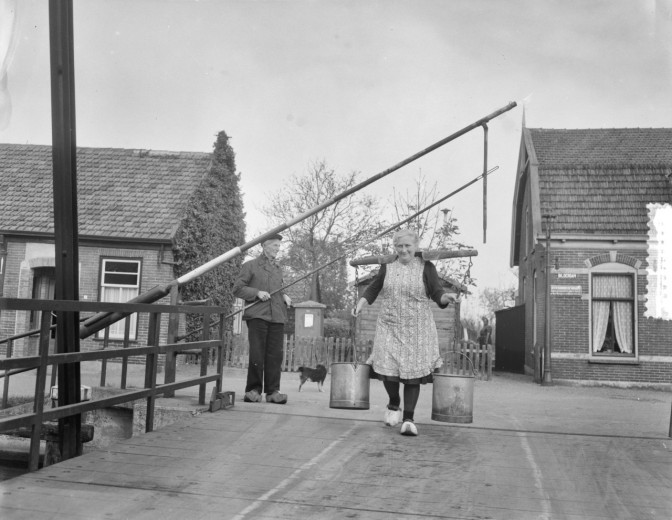A tol was a toll, which was collected by a tolgaarder or tollenaar (toll collector).
In earlier times, there were many tolls, often collected at strategically important locations along roads and rivers. Sometimes, a toll only had to be paid for transporting goods, but often even pedestrians had to pay a fee in order to pass. Treaties may have exempted some people from having to pay a toll.
For some of these tolls, toll records have survived. They can provide useful insights into the lives of your ancestors if they were merchants, captains or toll collectors.
The Sound Toll registers are a great example. These record which ships passed through the Sound between Denmark and Sweden, and often include the name of the captain, the place of origin and destination, and sometimes lists the cargo as well. Many Dutch ships and their captains can be found in its records, which have been preserved from 1497 to 1857.
In the Netherlands, most tolls were abolished by the 1950s and replaced by taxes. Nowadays, there are only a few places in the Netherlands that charge a toll, such as the Westerschelde tunnel linking the Zeeland islands to Zeeuws-Vlaanderen.

Toll at Bilderdam, 1953. Credits: Duinen, collection Nationaal Archief (CC-BY)

